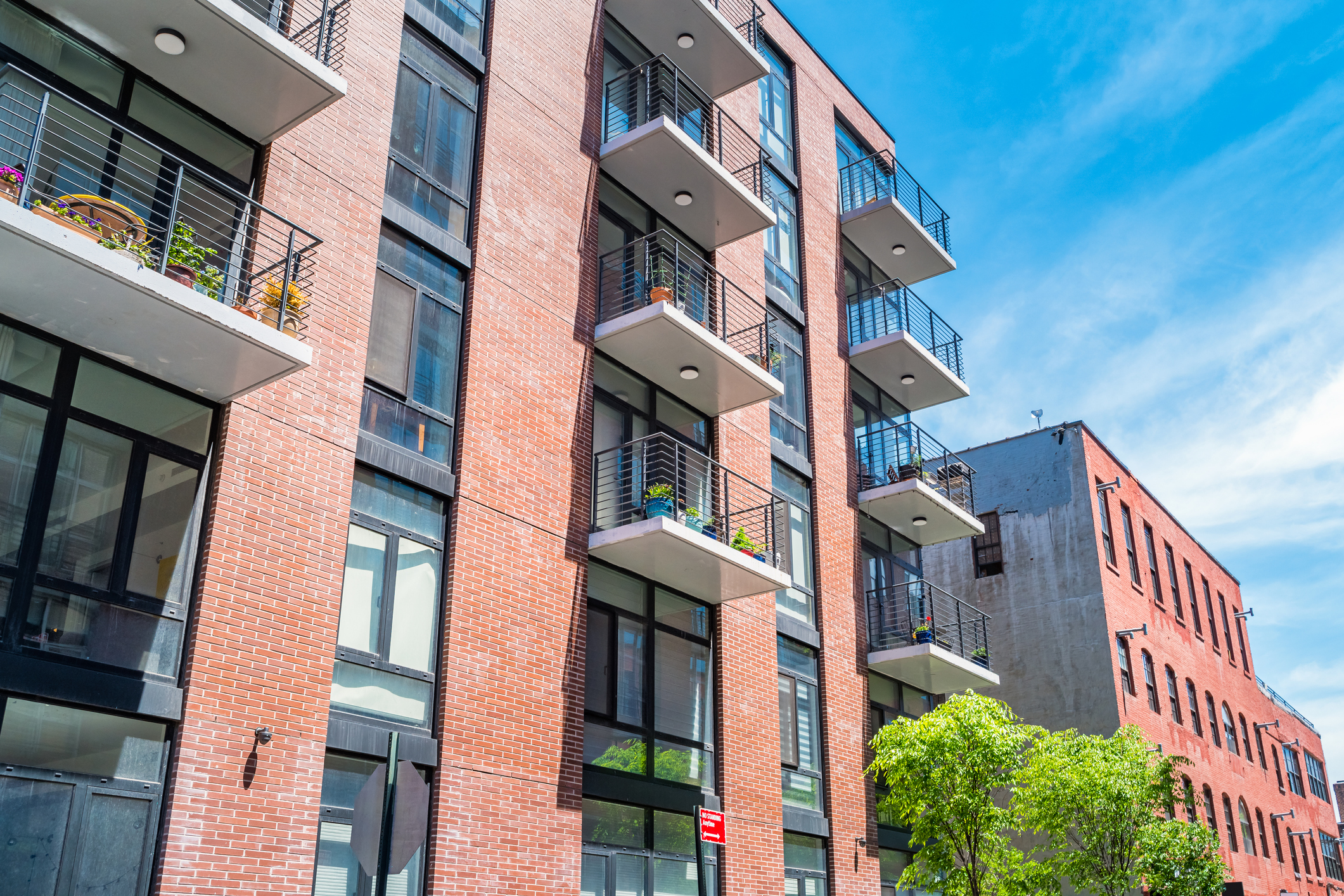Unlocking Space Potential: NavaGrove Condo Innovations
In the bustling urban landscape, where space comes at a premium, making the most of every square foot in your new condo is not just a desire but a necessity. Whether you’re moving into your first urban apartment or downsizing to a more manageable space, the challenge remains the same: how to maximize functionality without sacrificing style. Welcome to the world of Nava Grove condos, where innovative design meets compact living solutions to transform small spaces into versatile havens.
1. Multi-Functional Furniture: Form and Function Combined
One of the key strategies in maximizing space is to invest in furniture that serves dual purposes. From sofa beds that transform into guest accommodations to coffee tables with hidden storage compartments, NavaGrove condos prioritize furniture that maximizes utility without compromising on aesthetics. Imagine a dining table that doubles as a workspace or a Murphy bed seamlessly integrated into a stylish wall unit.

2. Smart Storage Solutions: Utilizing Every Nook and Cranny
Effective storage is crucial in small condos, and NavaGrove excels in providing ingenious solutions. Think floor-to-ceiling shelving units that not only store books and decor but also act as room dividers, creating distinct zones within your living space. Under-bed drawers, wall-mounted organizers, and modular closets are staples in these condos, ensuring every inch is utilized efficiently.
3. Optimal Layouts: Designing for Flow and Functionality
The layout of a condo can significantly impact its livability. NavaGrove condos are designed with open floor plans that maximize natural light and airflow, creating a sense of spaciousness. Thoughtful placement of walls and partitions ensures privacy where needed without compromising the overall openness of the space. This approach enhances comfort and encourages a seamless transition between different areas of the home.
4. Technology Integration: Smart Solutions for Modern Living
In a NavaGrove condo, technology plays a crucial role in enhancing convenience and efficiency. Smart home systems control lighting, temperature, and security with a button or a voice command. Energy-efficient appliances save space and reduce utility costs, making sustainable living an integral part of everyday life.
5. Outdoor Extensions: Balconies and Terraces as Extensions of Living Space
Even in compact condos, outdoor areas like balconies and terraces are cherished extensions of the living space. NavaGrove condos often feature well-designed outdoor areas that can be transformed into cozy lounges, vibrant gardens, or serene retreats. Strategic use of furniture and greenery can create an oasis in the heart of the city, perfect for relaxation and entertaining.

In conclusion, NavaGrove condos redefine urban living by demonstrating that small spaces can be functional and stylish. By integrating innovative design, smart technology, and efficient use of space, these condos offer residents a harmonious blend of comfort and convenience. Whether you’re looking to optimize your current space or contemplating a move to a new condo, embracing these ideas can help you create a home that maximizes its potential in every way.








